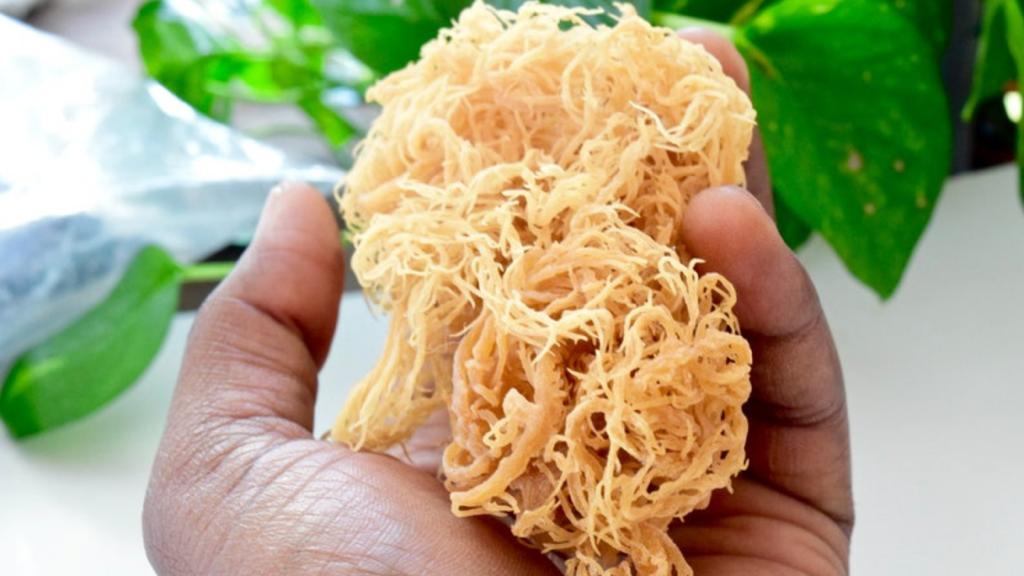Want to Fight Off Disease? Add These 7 Healthiest Vegetables to Your Diet
Unfortunately, diet-related diseases plague America. In fact, many diseases we deal with, or are at risk of, can be traced back to food. Even sadder, many of these diseases are running rampant in the Black community.
Heart disease, cancer, stroke, and high blood pressure are some of the top ten leading causes of death for Black women and men. From cancer to high blood pressure to fertility issues, food is often at the root.
Too much sugar has been linked to certain cancers; too much fat leads to high cholesterol, which can lead to heart attacks; and too much salt can lead to high blood pressure and strokes.
While this is quite depressing, it’s uplifting to know that even small changes in our diet can provide big changes to our health. Regularly eating the healthiest veggies is the best way to turn your health around naturally, without relying on pharmaceutical drugs.
The healthiest vegetables to eat.
I’ve compiled a short, but strong list of some of the most nutritious vegetables that are known to help fight disease –– and possibly even reverse it.
The foods on this list are also alkaline, meaning they are not highly acidic. Read more about the alkaline diet.
Beets
Beets are known as functional foods, which are the healthiest vegetables around. The red component of beets, called betanin, makes them a vegetable powerhouse. This substance has been shown to lower high blood pressure, reduce the risk of cancer, and improve stress levels.
One study found that beets were successful in lowering blood pressure in both humans and animals. Many people come off drugs for high blood pressure and treat their hypertension with beets (of course, talk to your doctor first).
You can start by juicing and drinking beets. Beets can also be chopped, steamed, and added to salad.
Carrots
Carrots are often recommended for people struggling with high cholesterol. Carrots of all colors (bright red, orange, and purple) contain fiber, antioxidants, and carotenoids. One study found that eating carrots reduces cholesterol levels and provides protection from heart-related diseases. Carotenoids – the pigment that makes up carrots’ beautiful hues – are also known to help prevent eye disease and certain cancers.
Cherry and plum tomatoes
All tomatoes offer health benefits, but cherry and plum tomatoes are the only types approved on Dr. Sebi’s alkaline food list. His nutritional guide doesn’t explain why the other types are prohibited. But, one thing is for sure: cherry and plum tomatoes are nutrient-dense. They’re mostly known for containing a high amount of lycopene, the bright red compound that makes up their color.
Lycopene is an antioxidant and has been linked to lowering the risk of stroke. Other benefits of cherry and plum tomatoes are lowering the risk of cancer and protecting your skin from the sun’s damaging rays.
Dark purple cabbage
Remember betanin? The component in beets that make them a nutrient superpower? Well, red cabbage is full of betanin, too. And like beets, the red cabbage variety is smart to eat if you’re trying to lower your blood pressure and get it within a healthy range. Dark red or purple cabbage is also rich in potassium, a nutrient that also helps lower blood pressure.
Kale
While kale might be trending now, it has always been one of the healthiest vegetables. Kale’s mostly known for having a lot of vitamin K, as one cup has six times the daily recommended amount. Vitamin K can help prevent hardening of the arteries (atherosclerosis) and lower the risk of heart disease.
It’s also a good source of vitamin A, as one cup has two times the daily recommended amount. Vitamin A can help improve vision problems (like trouble seeing at night), prevent cervical cancer, and strengthen your immune system.
Lettuce
Lettuce has been a go-to health food in American culture for decades. It’s readily available, cheap, and very nutritious. Lettuce has five distinctive varieties. Iceberg lettuce is the only type of lettuce not approved by Dr. Sebi’s alkaline diet.
Lettuce may help against deteriorating bones. As we age, our bones naturally lose density and become brittle and weak. Lettuce is packed with vitamin K, which is known to help strengthen bones. In fact, vitamin K is often recommended for people with osteoporosis.
Olives
Throw them in a salad or pop a handful into your mouth, because olives are delicious and full of health benefits. There’s no better combination. Olives are packed with vitamin E, a nutrient known to protect the body’s cells from free radicals, which are cancer and disease-causing agents. One cup of olives provides 15% of the daily recommended amount. One disease vitamin E can help with is chronic nerve pain. People with this condition are often deficient in vitamin E.
Squash
Squash is rich in vitamin B6, a nutrient known to help with depression. People who struggle with depression may have a vitamin B6 deficiency, and squash provides a high amount of this necessary nutrient. One cup of squash contains 16% of the recommended daily intake of vitamin B6. If you struggle with symptoms of depression (sadness, irritability, hopelessness), then try consuming more squash daily. And in this same cup of squash, there’s 50% of the amount of vitamin C you need!
Watercress
From improving bone health to reducing blood pressure, watercress does it all. It’s truly one of the healthiest vegetables you can add to your diet. Just one cup of watercress is packed with all types of nutritional goodness, like vitamin A and C, calcium, magnesium, and potassium. This mighty leafy vegetable belongs to the same family as arugula, collard greens, and Brussel sprouts. You can add them to a salad or a sandwich, or even turn a handful into soup.
Sources
https://pubmed.ncbi.nlm.nih.gov/14569406/
https://pubmed.ncbi.nlm.nih.gov/12134711/
https://www.webmd.com/diet/health-benefits-squash
https://www.webmd.com/diet/health-benefits-lettuce
https://www.health.harvard.edu/blog/lycopene-rich-tomatoes-linked-to-lower-stroke-risk-201210105400





Leave a comment